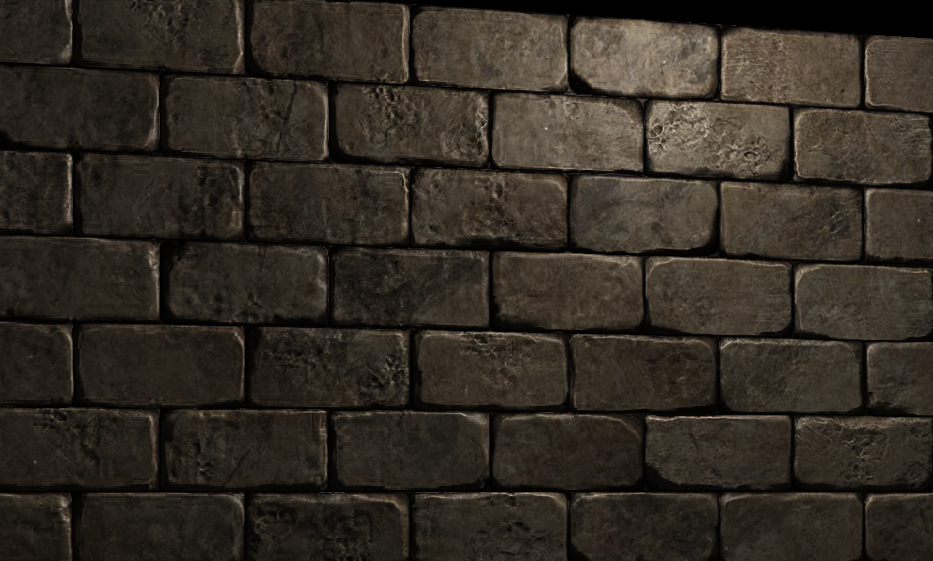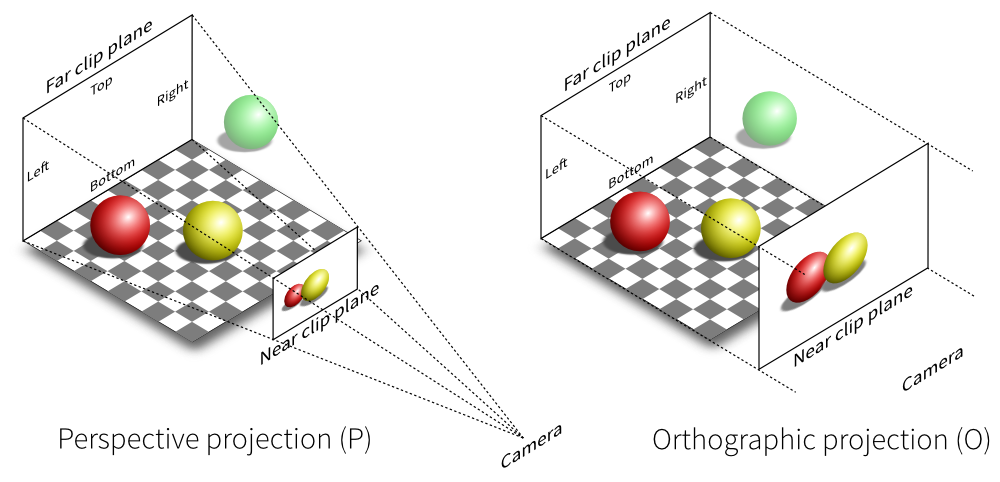1
2
3
4
5
6
7
8
9
10
11
12
13
14
15
16
17
18
19
20
21
22
23
24
25
26
27
28
29
30
31
32
33
34
35
36
37
38
39
40
41
42
43
44
45
46
47
48
49
50
51
52
53
54
55
56
57
58
59
60
61
62
63
64
65
66
67
68
69
70
71
72
73
74
75
76
77
78
79
80
81
82
83
84
85
86
87
88
89
90
91
92
93
94
95
96
97
98
99
100
101
102
103
104
105
106
107
108
109
110
111
112
113
114
115
116
117
118
119
120
121
122
123
124
125
126
127
128
129
130
131
132
133
134
135
136
137
138
139
140
141
142
143
144
145
146
147
148
149
150
151
152
153
154
155
156
157
158
159
160
161
162
163
164
165
166
167
168
169
|
#include <bits/stdc++.h>
char pool[1024 * 1024 * 199];
inline void *operator new(size_t size) {
static char *s = pool;
char *t = s;
s += size;
return t;
}
inline void operator delete(void *) {}
inline void operator delete(void *, size_t) {}
struct InputStream {
enum { SIZE = 1024 * 1024 };
char ibuf[SIZE], *s, *t;
inline char read() {
if (s == t) t = (s = ibuf) + fread(ibuf, 1, SIZE, stdin);
return s == t ? -1 : *s++;
}
template <typename T>
inline InputStream &operator>>(T &x) {
static char c;
static bool iosig;
for (c = read(), iosig = false; !isdigit(c); c = read()) {
if (c == -1) return *this;
iosig |= c == '-';
}
for (x = 0; isdigit(c); c = read()) x = x * 10 + (c ^ '0');
if (iosig) x = -x;
return *this;
}
} io;
const long long INF = 0x3f3f3f3f3f3f3f3fll;
struct Point;
bool (*cmp)(const Point &, const Point &);
struct Point {
long long x, y;
mutable double s;
inline bool operator<(const Point &p) const { return cmp(*this, p); }
inline Point operator-(const Point &p) const {
return {x - p.x, y - p.y, 0};
}
inline double operator*(const Point &p) const {
return (double)x * p.y - (double)y * p.x;
}
};
inline bool cmpX(const Point &a, const Point &b) {
return a.x < b.x || (a.x == b.x && a.y < b.y);
}
inline bool cmpS(const Point &a, const Point &b) { return a.s < b.s; }
inline double getSlope(const Point &a, const Point &b) {
return (a.y - b.y) / (double)(b.x - a.x);
}
struct ConvexHull : std::multiset<Point> {
using super = std::multiset<Point>;
bool check(iterator it) {
iterator suc = std::next(it), pre;
if (it == begin())
return suc != end() && it->x == suc->x && it->y <= suc->y;
pre = std::prev(it);
if (suc == end()) return it->x == pre->x && it->y <= pre->y;
return (*pre - *it) * (*it - *suc) >= 0;
}
void insert(const Point &p) {
cmp = cmpX;
iterator it = super::insert(p), suc, pre;
if (check(it)) {
erase(it);
return;
}
for (suc = std::next(it); suc != end() && check(suc);
suc = std::next(it)) {
erase(suc);
}
for (pre = std::prev(it); pre != end() && check(pre);
pre = std::prev(it)) {
erase(pre);
}
if ((suc = std::next(it)) != end()) {
suc->s = getSlope(*it, *suc);
}
if (it != begin()) {
pre = std::prev(it);
it->s = getSlope(*it, *pre);
}
}
long long eval(long long x) const {
if (empty()) return -INF;
cmp = cmpS;
iterator it = --lower_bound({0, 0, (double)x});
return it->x * x + it->y;
}
};
const int MAXN = 300000 + 9;
ConvexHull d[MAXN];
int p[MAXN], n;
long long a[MAXN], h[MAXN], f[MAXN];
inline void insert(int k, long long x, long long y) {
Point pts = {-x, -y, (double)-INF};
for (; k <= n; k += k & -k) {
d[k].insert(pts);
}
}
inline long long query(int k, long long x) {
long long ret = -INF;
for (; k; k ^= k & -k) {
ret = std::max(ret, d[k].eval(x));
}
return ret;
}
int main() {
io >> n;
for (int i = 1; i <= n; i++) io >> p[i];
for (int i = 1; i <= n; i++) io >> a[i];
for (int i = 1; i <= n; i++) io >> h[i];
f[1] = a[1];
insert(p[1], -2ll * h[1], f[1] + h[1] * h[1]);
for (int i = 2; i <= n; i++) {
f[i] = -query(p[i], h[i]) + h[i] * h[i] + a[i];
insert(p[i], -2ll * h[i], f[i] + h[i] * h[i]);
}
std::cout << f[n];
return 0;
}
|



